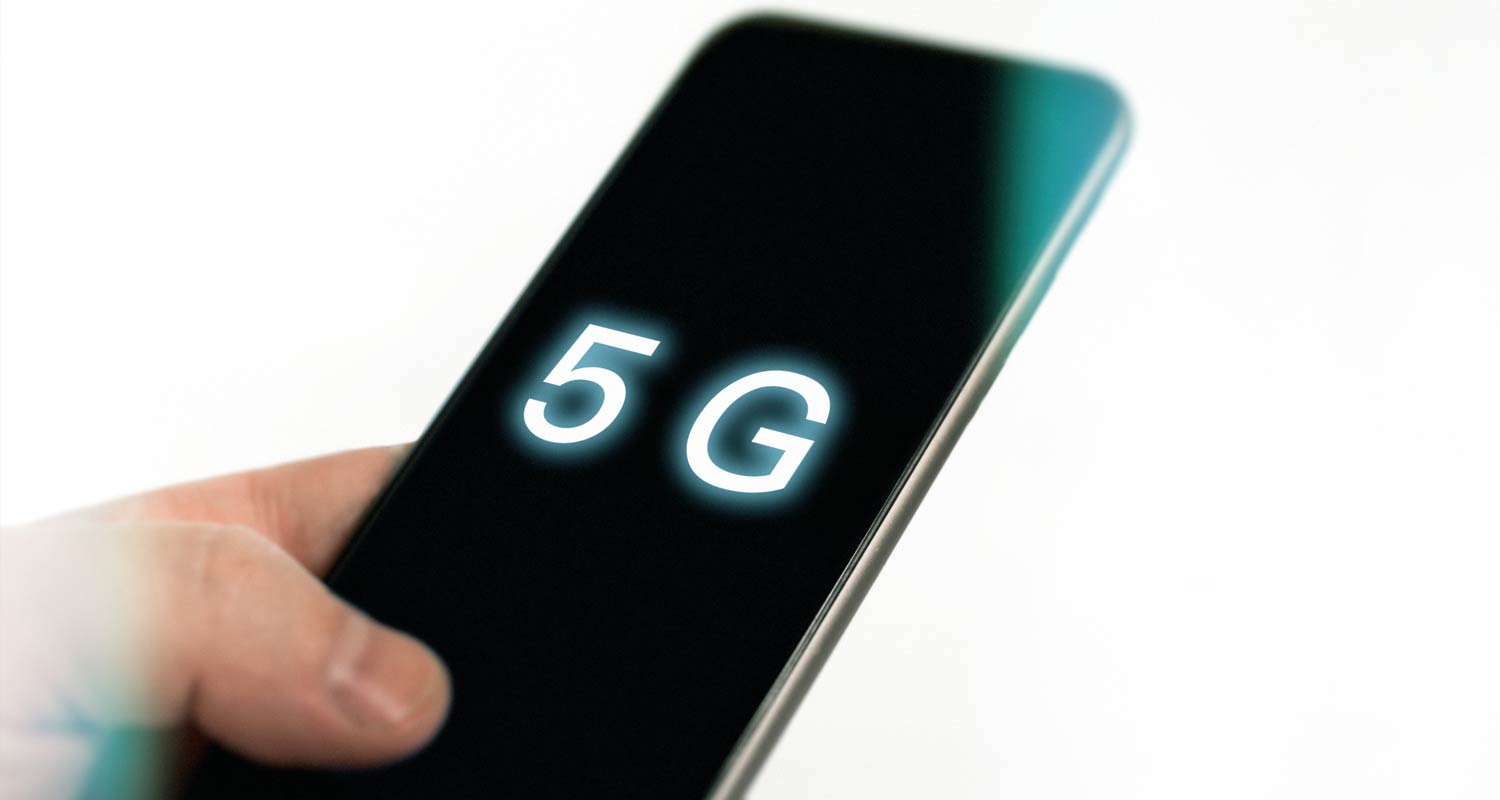The relative stability of the power grid, following the worst year of load shedding on record in 2023, has given South African mobile operators more financial room to up their investments into expanding their 5G networks.
But international trends suggest operators are struggling to recover the costs of 5G network deployments, with consumers finding older, 4G/LTE connections sufficient for most everyday applications – including high-definition streaming and gaming.
“Our network resilience programme in 2023 was a critical strategic priority, primarily driven by intensified load shedding disruptions across the country,” MTN South Africa told TechCentral. “They inevitably required a reallocation of resources, both financial and operational, which temporarily impacted the investment into our 5G expansion.”
The freeing up of capex budgets since has led to dramatic improvements in South Africa’s 5G capacity. Vodacom South Africa told TechCentral that the number of 5G sites in its network doubled from 1 150 in 2023 to 2 299 in 2024. As of 31 March 2025, Vodacom had 3 063 5G sites across the country.
To recover network expansion costs, mobile operators need to maximise usage of 5G networks and charge more for the superior connection speeds and lower latencies that 5G offers – if they can. Vodacom did not disclose how many of its subscribers use 5G. MTN said it has more than 2.2 million active 5G subscribers on its network, representing just 6% of its total user base. Telkom said 14% of the devices on its mobile network are 5G capable, without saying how many are connected to 5G.
4G sufficient for most
The challenge mobile operators have is that even the relatively small contingent of customers who access 5G on their networks cannot be charged more for it since 4G connection speeds are sufficient of their daily needs. CEO of consumer and small business at Telkom Lunga Siyo has on many occasions cited this as one of the main reasons Telkom initially chose to launch 5G for enterprise customers and not the consumer market.
Streaming is the highest bandwidth activity on mobile phones, with the highest-resolution 4K streams needing around 12-15Mbit/s download speeds for quick and easy viewing, without buffering.
Read: Cell C 5G launch in South Africa is imminent
An April OpenSignal report on worldwide network coverage and speeds showed the average 4G download speed in South Africa then was 37.5Mbit/s, more than enough for the most demanding mobile workloads.
Mobile operators have found niche use cases in the fixed-wireless home internet and enterprise markets, where 5G’s enhanced capacity is desirable and higher connectivity charges are justifiable.
In the home, 5G acts as an alternative to fibre. Households generally connect many devices, including laptops, PCs, smart TVs and other internet-capable home appliances.
 Fibre makes the most sense in the home scenario because of its higher network capacity, speed and reliability; however, less than 30% of South African homes have fibre passing them in the street. There are also instances where, even though fibre to the home is available, tenants who rent feel more comfortable having a mobile solution that they can easily take with them should they need to move. This is where 5G fixed-wireless access shines.
Fibre makes the most sense in the home scenario because of its higher network capacity, speed and reliability; however, less than 30% of South African homes have fibre passing them in the street. There are also instances where, even though fibre to the home is available, tenants who rent feel more comfortable having a mobile solution that they can easily take with them should they need to move. This is where 5G fixed-wireless access shines.
“The killer use case for 5G in the consumer segment is fixed-wireless access,” said MTN.
But it’s not only homeowners who are drawn to 5G in the consumer segment. Small and medium-sized businesses also enjoy the benefits of a fibre-like experience through mobile broadband.
According to Vodacom, the demand for and popularity of 5G among consumers will rise as new use cases, currently under development, become the norm rather than the exception. These include mobile augmented reality, virtual reality and smart homes powered by the internet of things.
And in the enterprise market, Vodacom, MTN and Telkom have seen demand for private enterprise 5G networks, where the technology enables IoT-driven solutions in the manufacturing and mining environments. Vodacom described 5G as a “key enabler” for enterprise customers, adding it is in the process of developing several mobile private network solutions.
Telkom said its private 5G network deployments provide high-bandwidth, secure and low-latency connectivity for critical applications like autonomous vehicle collision avoidance and real-time CCTV monitoring.
Private networks
The uniqueness of the operating environments in wich 5G private networks are deployed – from smart factories and warehouses to ports, airports and hospitals — gives mobile operators an opportunity to provide consulting and network design services as value-adds to their connectivity solutions.
Read: South African networks need more spectrum for 5.5G
“We have deployed 5G private networks that are scoped to support the site-specific requirements and have the potential to scale. In some cases, these networks also have onsite edge computing/core capabilities to support mission-critical applications,” said MTN. – © 2025 NewsCentral Media
Get breaking news from TechCentral on WhatsApp. Sign up here.



